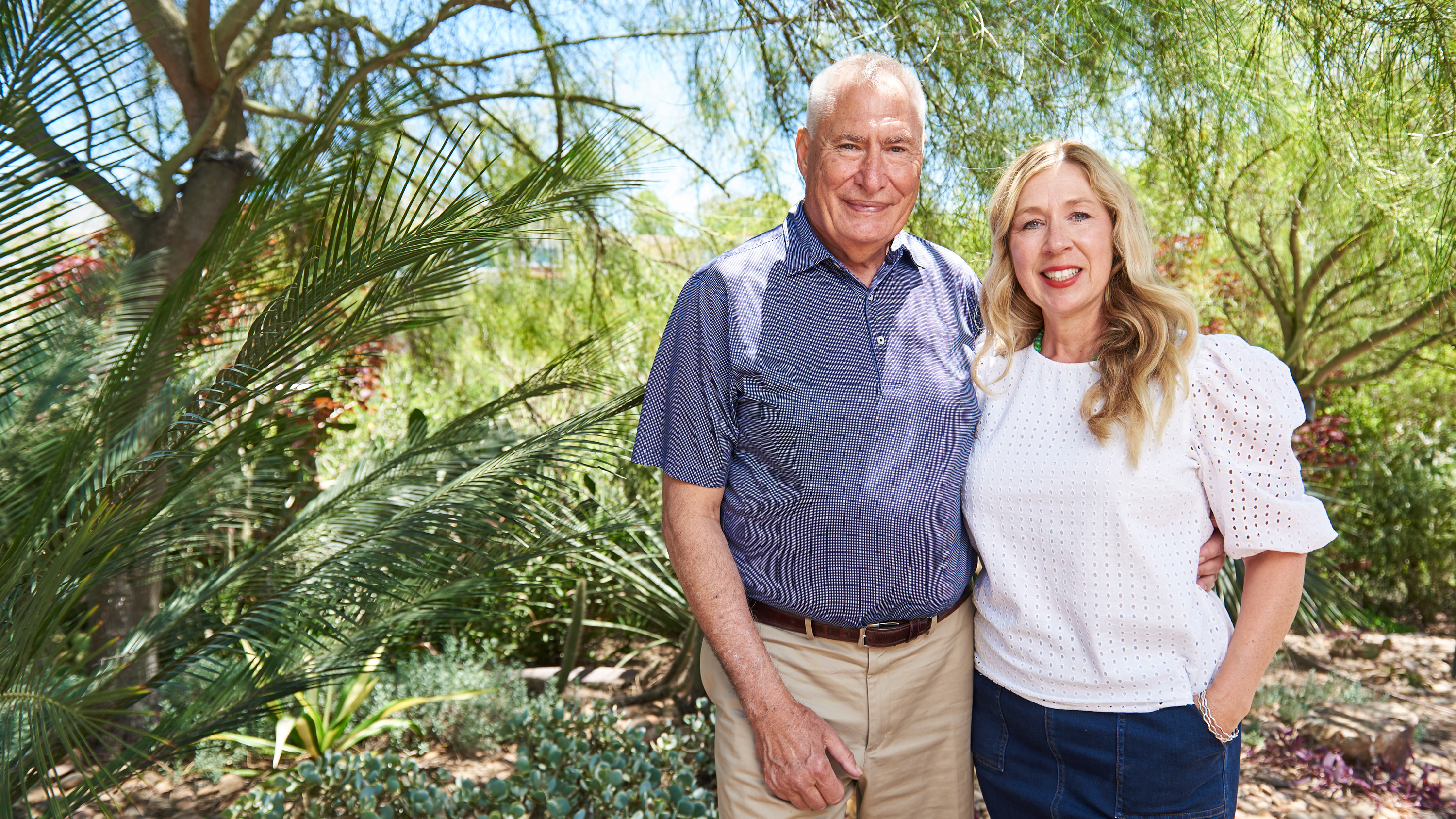
As a graduate student bartender at the Muddy Charles Pub, Gary Pace witnessed casual conversations between MIT community members—and the occasional astronaut—that sometimes led to real-world collaboration and innovation. He has seen similarly serendipitous intersections between scientific innovation and entrepreneurship in his career as a founder and investor in the life sciences industry. Now he and his spouse, Jinny, are paving the way for new generations of biological engineering students through a fellowship for graduate students.
Graduate student success. Originally from Australia, Pace was the first in his family to graduate from high school and college, ultimately winning a Fulbright scholarship. “MIT was a turning point for me, and the fellowship is truly about giving the same opportunity to graduate students starting their journey,” he says. The fellowship will be funded through a charitable remainder unitrust, which provides income to the donor and/or other beneficiaries while they are living and then goes to a designated cause at MIT.
A multidimensional space. “In life sciences, where engineering and biological principles intersect, you’re in a powerful position to solve problems in a multidimensional way,” Pace says. He sees the problem-solving skills he learned at MIT as essential to his life’s trajectory: “I have always maintained close connections with the academic world, because knowledge is fundamental to societal growth. MIT opened my eyes to a whole new level of opportunity.”
Help MIT build a better world. For more information, contact Amy Goldman: 617.253.4082; goldmana@mit.edu. Or visit giving.mit.edu/planned-giving.
Keep Reading
Most Popular
Large language models can do jaw-dropping things. But nobody knows exactly why.
And that's a problem. Figuring it out is one of the biggest scientific puzzles of our time and a crucial step towards controlling more powerful future models.
How scientists traced a mysterious covid case back to six toilets
When wastewater surveillance turns into a hunt for a single infected individual, the ethics get tricky.
The problem with plug-in hybrids? Their drivers.
Plug-in hybrids are often sold as a transition to EVs, but new data from Europe shows we’re still underestimating the emissions they produce.
Stay connected
Get the latest updates from
MIT Technology Review
Discover special offers, top stories, upcoming events, and more.